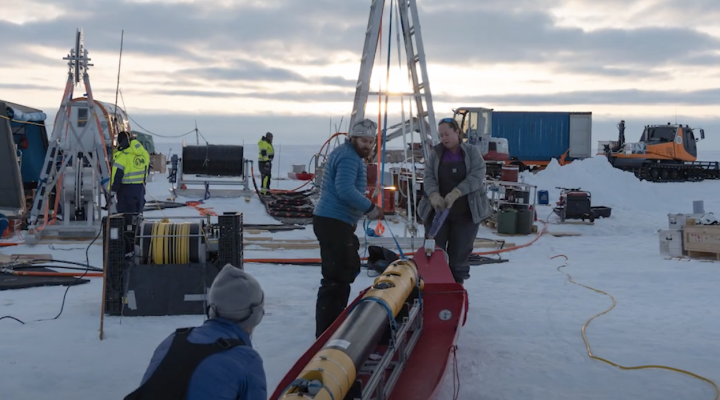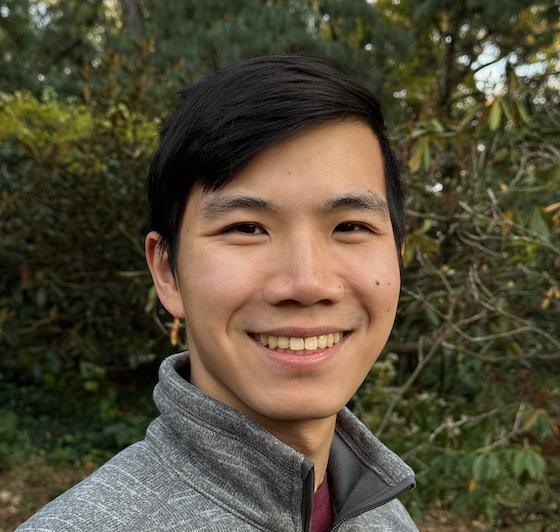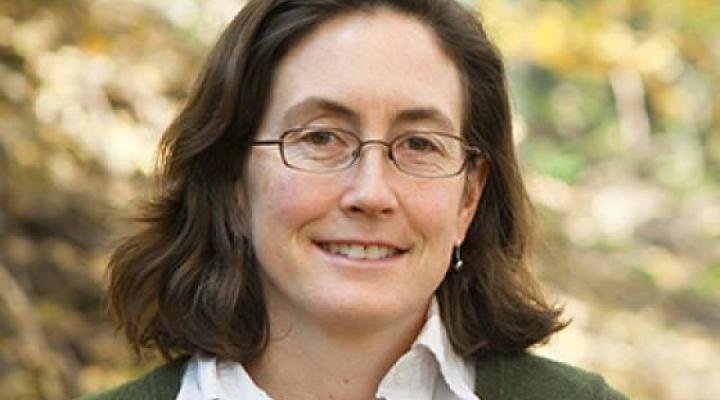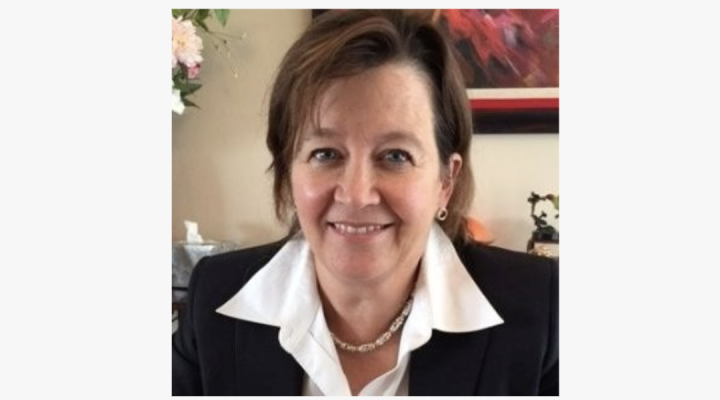When Jonathan Lin was in the second grade in North Brunswick, New Jersey he had an assignment that involved writing a letter about himself. Twenty years later, when he was defending his doctoral thesis, he showed that letter to his committee. It included the lines “When I grow up, I want to be a weather scientist. I want to be a weather scientist because I know the weather before everybody else does.”
On July 1 of this year, Lin joined the faculty of Cornell’s Department of Earth and Atmospheric Sciences as a weather scientist. More specifically, Lin is an assistant professor whose research focus spans a variety of topics in the tropical atmosphere, including tropical cyclones. The start and end points in this brief synopsis imply a straight line, but Lin’s path from self-described second grade weather weenie to atmospheric scientist at Cornell was less direct than that.
By the time Lin was an undergraduate at Princeton in 2013 he had discovered computer science and declared it as his major. He had begun to see a future for himself in software engineering. In his senior year at Princeton he says he started doing research with a faculty member in the area of climate science “almost on a whim.”
That whim led to a real dilemma for Lin. He found he enjoyed atmospheric science research in a way he did not really experience with computer science. He was not sure which path to pursue, so he kept both options open. Lin applied to graduate programs in computer science and in atmospheric science. And to make the decision even harder, he also had a job offer from one of the companies he had interned for.
In the end, he chose to enroll in MIT’S Ph.D. program in atmospheric sciences and meteorology simply because “it was the thing that I was excited about,” Lin said. “Software engineering didn’t get me up on a Monday morning excited about going to work in the same way atmospheric science did—and still does.” At MIT, Lin was Professor Kerry Emanuel’s final advisee.
Lin earned his doctorate from MIT in 2022 and then had postdoctoral researcher positions at MIT and at Columbia University’s Lamont-Doherty Earth Observatory before coming to Cornell in 2024. He is excited to be in a teaching position at an R1 institution. “The thing I fell in love with about academia is learning, and I get to continue learning as my job. I get to learn about my primary research areas, but I also get to learn about applying for grants and mentoring students and serving on committees and about how to be a better teacher.”
Lin describes himself as an atmospheric scientist rather than as a modeler, theoretician, or observationalist. The underlying motivation behind his work is to build more basic knowledge about how the atmosphere works. Because of the reality of climate change, there is a growing awareness of just how much we really don’t yet know about how the atmosphere works and Lin is eager to fill in some of the missing pieces.
One of Lin’s research interests is on the basic physics behind tropical cyclones. But he also explains that is not a far trip from gaining a better understanding of tropical cyclone formation and behavior to working with municipalities and insurance companies to help them deal with the new climate realities. “I want to learn about the fundamental physical processes going on with tropical cyclones,” Lin said, “but I am also interested in the real world consequences of climate change and how they impact everyday people.”
Lin begins his time at Cornell with two doctoral students starting in his group and he is excited to be part of a department that is known for both the quality of its research and the collaborative nature of its students and faculty.





